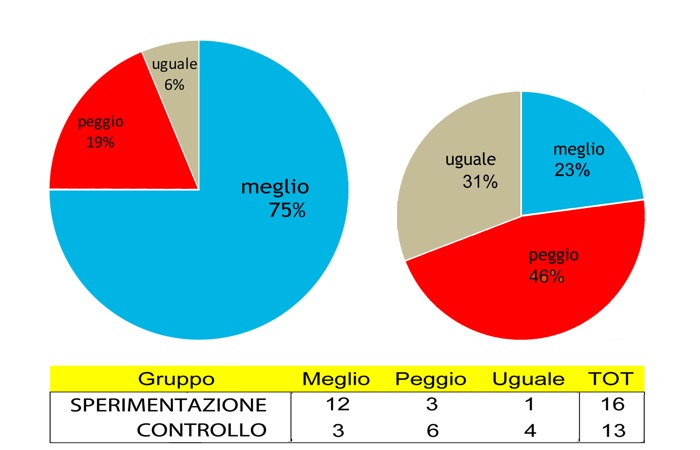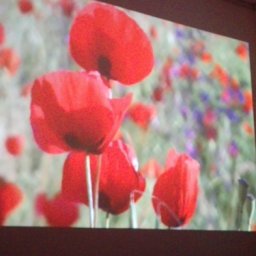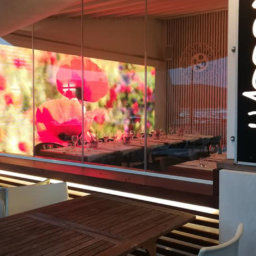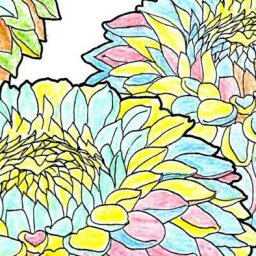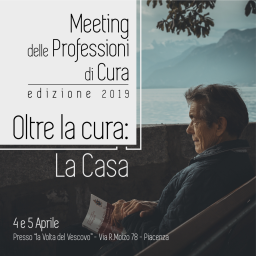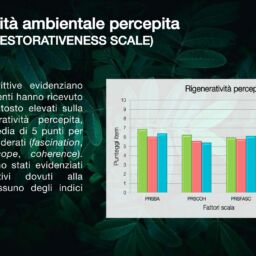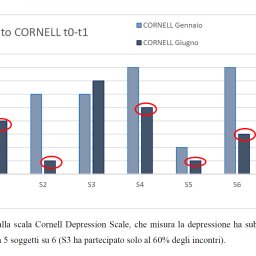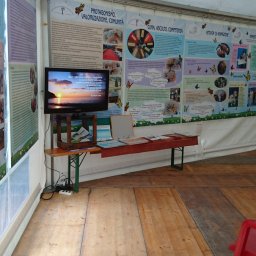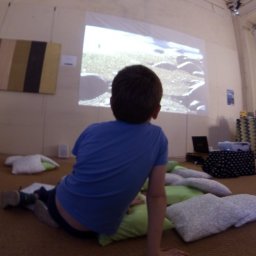
Experimentation conducted at the addiction recovery centers of Il Punto Cooperative (Biella) by Dr. Daniele Carraro, Dr. Lidia Barazzetto, Manuela De Maria, Eleonora Boi, summer 2015.
The results of the experimentation, the first conducted on subjects in drug addiction treatment, were presented at the national congress SIDT, Società Italiana TossicoDipendenze.
It is the first time this type of research is practiced, using the principles of environmental psychology in the field of addiction. The objective of the research was to verify how and how effectively this audiovisual methodology affects the recovery of emotional functions, helping to regularize emotions, in subjects with substance addiction. Emotional regulation is one of the cornerstones in recovery from drug addiction.
Three groups of residential patients from high-, medium- and low-severity therapeutic communities were formed and compared–-by lot–with control groups of patients from the same facilities, so that the only difference was whether or not they watched the films.
A total of 29 subjects participated: 16 experimental and 13 control.
Experimental subjects were offered to watch a sequence of nature videos, each lasting 12 minutes, 2 times a week.
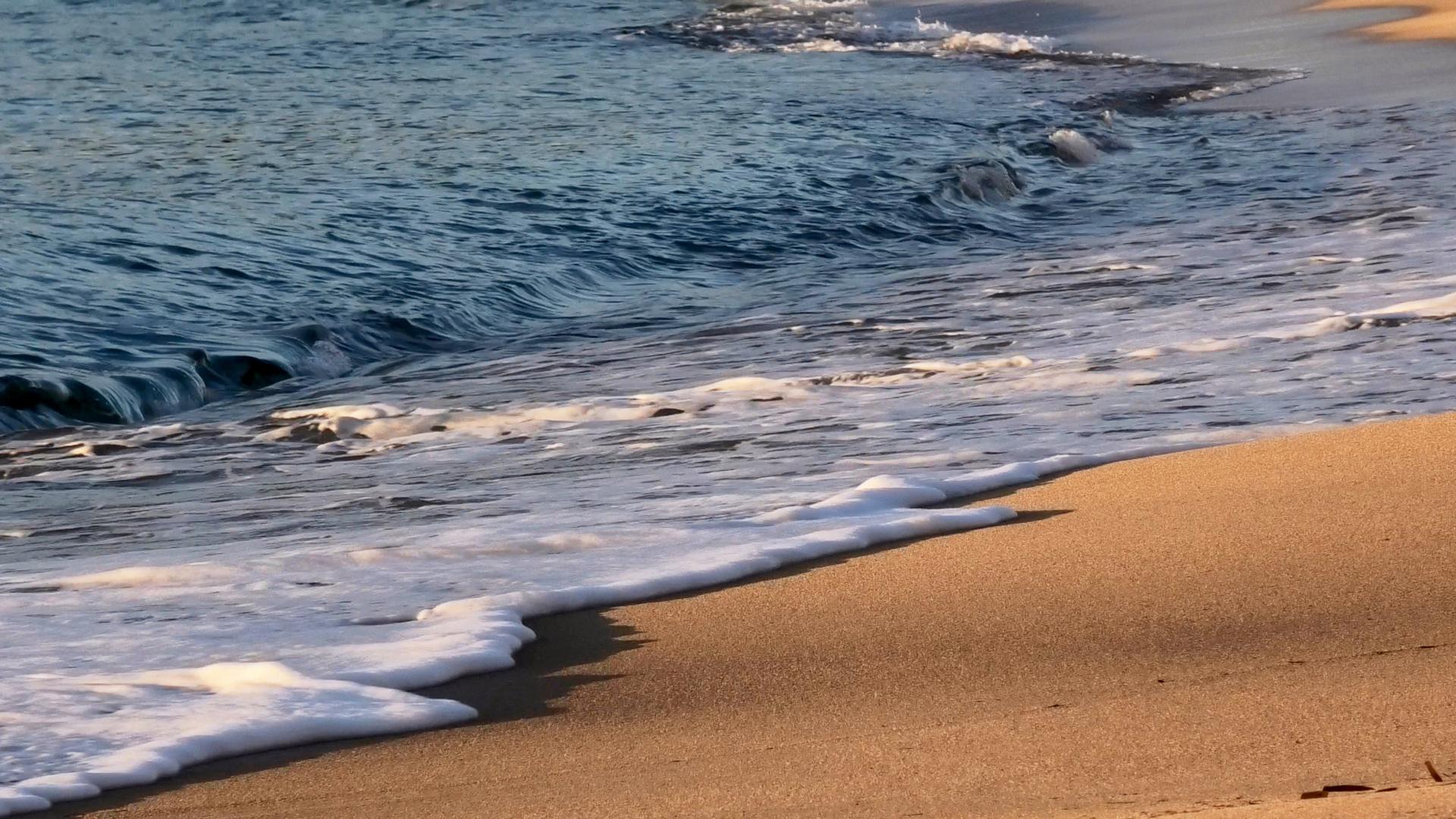
Ten different themes were used for experimentation, totaling 2 hours over a month.
The readings were measured with 2 different instruments: the DERS, Difficulties in Emotion Regulation Scale, a test used to assess emotion regulation ability and shift in the 6 axes analyzed by the test (administered to all subjects), and a questionnaire created specifically to record changes in mood before and after each viewing (administered to the experimental group only).
The DERS test allows measurements regarding the presence of potential difficulties in the following dimensions:
- awareness and understanding of emotions,
- acceptance of emotions,
- ability to control impulsive behaviour and to behave in accordance with one’s goals,
- ability to use flexible emotional regulation strategies appropriate to the context and situational demands.
DERS results showed an increase in the ability to control emotions in 75 percent of experimental subjects, compared with a 23 percent improvement reported by control group subjects.
The questionnaire was made to be filled out before and after each viewing, using two separate forms so as not to influence the evaluation. The shift from moods such as “tired” and “sad” to “relaxed” and “amazed” was significant.

+ 25 RELAXED; + 15 AMAZED
“Wonder is the basic feeling to erase all negative feelings“.
Dr. Adolfo Santoro – Chief Psychiatrist Elba Island
The overall outcome of the trial results in an improvement of the treatment programme, with a reduction of the classic treatment time, since it intervenes in one of the main areas of intervention, the emotional one. This result is encouraging, as it was achieved with just 2 hours in total in one month. In a more intensive and long-term trial, even more incisive results could probably be achieved.
National Congress on Drug Addiction – Nov. 13, 2015 Presented at the National Congress SITD, Italian Society of Addiction, the results of the first trial, in the treatment of individuals with addiction problems, using the benefits of Nature and environmental psychology as a recovery tool. The results obtained are very encouraging and confirm the value of the Experience Nature method even with difficult subjects such as people with addiction.


